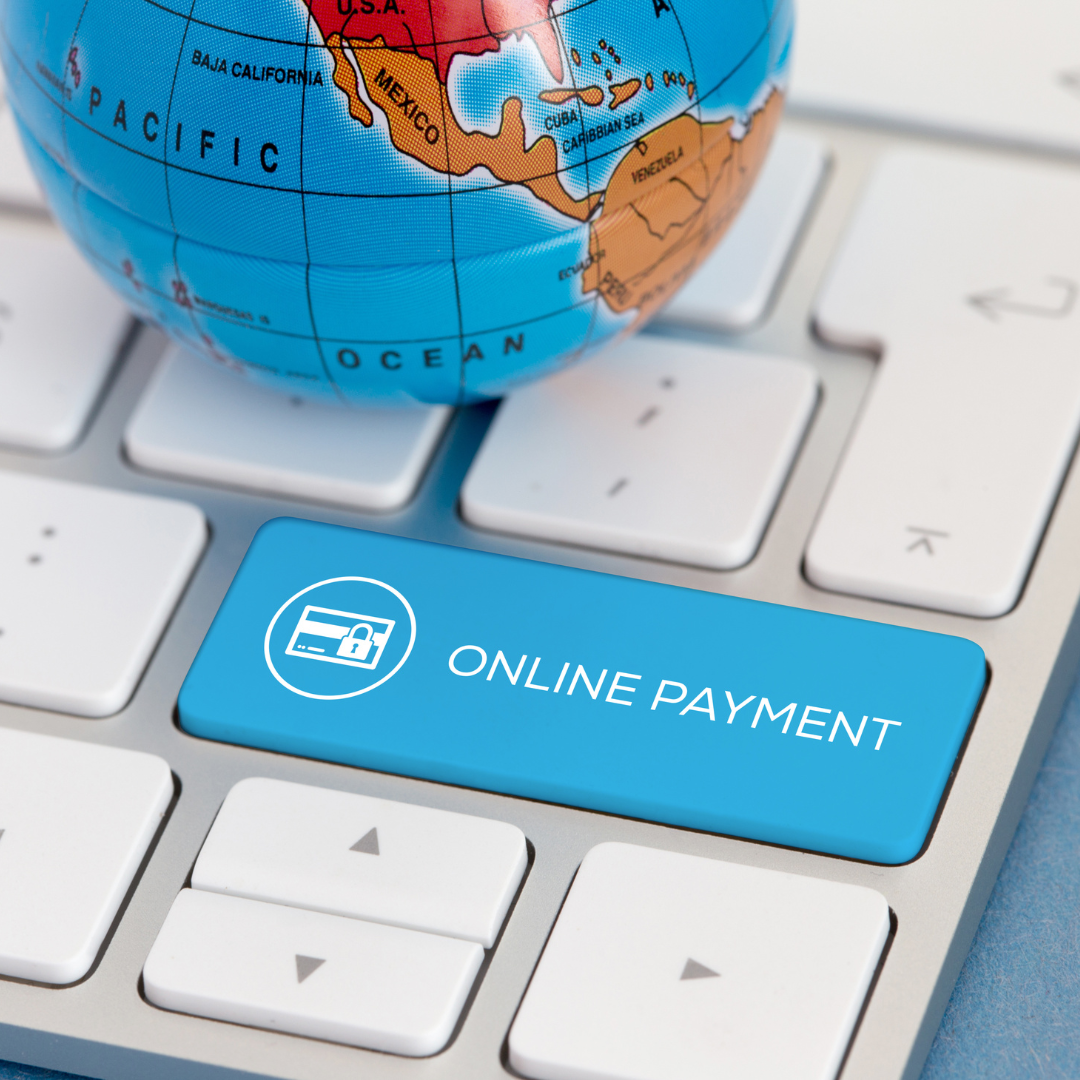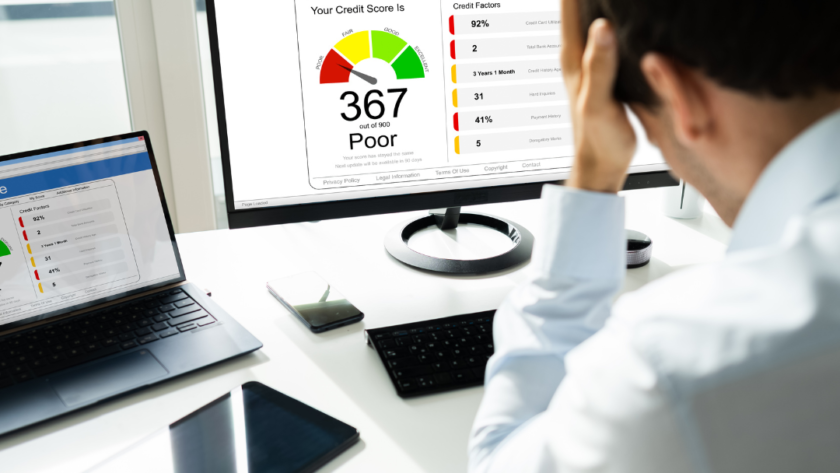Receiving loans, credit cards, and even rental agreements may be challenging if you have a poor credit rating. Additionally, it can result in increased insurance and interest rates. However, there are strategies to raise your credit score and get your finances back on track. This post will cover dealing with bad credit strategies and advice.
Getting to Know Your Credit Report
Understanding your credit report is the first step to raising your rating. A thorough summary of your credit history, including details on credit accounts, payment patterns, and credit enquiries, is contained in your credit report. Lenders, landlords, and insurance providers use it to assess your creditworthiness.
Each of the three major credit reporting agencies (Experian, Equifax, and TransUnion) offer a free copy of your credit report once a year. Scrutinize your credit report, and then challenge any inaccuracies you uncover.
Can I Get a Loan with a Poor Credit History?
Small loans for Bad Credit by Cash Smart is a lending option designed for individuals with less-than-perfect credit who may need help obtaining credit through traditional means. These loans provide a way for people with bad credit to finance unexpected expenses or consolidate existing debt, with flexible repayment terms and competitive interest rates. Cash Smart is a company that specializes in providing small loans to those with bad credit, making it a great option for those looking to take control of their financial situation, regardless of their credit history.
Making Timely Bill Payments

Your payment history is one of the most crucial elements in determining your credit score. Bankruptcies, collections, and late payments can all lower your credit score. It is crucial to pay your payments on time as a result.
Always remember a payment date by setting up automatic withdrawals or reminders. Contact your creditors if you have problems paying payments and ask them if they can work out a payment arrangement with you.
Reducing Your Debt
Your debt-to-income ratio is a significant component in determining your credit score. This ratio examines how much debt you have concerning your income. It could be harder to get credit if your debt-to-income ratio is larger.
You can either improve your income or decrease your debt to lower your debt-to-income ratio. Consider debt consolidation if you have several credit cards. This may result in a cheaper interest rate and make it simpler to manage your payments.
Secured Credit Cards
It could be challenging to be approved for a typical credit card if you have poor credit. However, a secured credit card allows you to improve or restore your credit.
Cash deposits are necessary for secured credit cards since they serve as collateral for the credit line. The credit agencies record your credit history as you make payments, assisting you in establishing or repairing credit.
Be Patient
It requires time and work to raise your credit score. Significant progress might only be seen for a few months or even years. Be patient, keep paying your bills on time, pay off your debt, and keep your credit card usage modest.
In conclusion, having a low credit score can make getting credit cards, loans, or even rental agreements challenging. There are, however, strategies to raise your credit score. Know what’s on your credit report, pay your bills on time, pay down debt, increase credit usage, and think about getting a secured credit card. Remember that financial stability requires time and effort, but you can achieve it with determination and patience.



